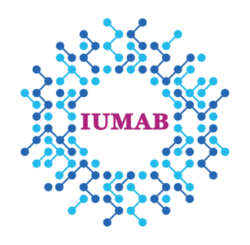Correlation between Psychophysiological and Genetic Factors for Top-level and Middle-level Athletes in Sports with Physical Endurance
-
P. Bundzen1, K. Korotkov 2 and V. Muhin1
1Research Institute of Physical Culture, 2Technical University “ITMO”, St.Petersburg, Russia
Introduction
Prognosis of performance effectiveness for yang athletes, as well as the definition of skilled athletes’ readiness for competitive activity is one of the actual problems of sport science. The athletes’ psychophysical readiness is defined by several factors, namely, genetic predisposition, organism’s psycho-physiological reserves, level of training, and, the last but not the least, mental preparation. Interrelation of these factors for the particular athlete at the given moment depends on the athlete’s performance level (outstanding or average), psychophysical state, sporting discipline, and the type of loading during performance.
Development of practical approaches for the investigation of these factors would be significant both for the sport practice of different levels, and preserving athletes’ health and well-being.
The aim of this study was twofold: first, to study the interrelations of different factors, influencing athlete’s performance for different groups of sportsmen using complex approach, and second, to develop a computerized technology for assessment and prediction of competition effectiveness. The method should be available for any coach or athlete being simple in work, reliable and with automated processing of data.
Techniques and methods
A set of methods were utilized for this study allowing to create a characteristic profile of the sportsmen’s organism psychophysical condition and genetic status:
- Psychoenergy potential and psychical activity evaluated with Profile of Mood States (POMS) questionnaire test[i]. The complex parameter, characterizing relative scale of psycho-energetic readiness (PER), was determined by a formula:
[i] McNair DM Profile of Mood States. San Diego, California. 1992
Full text: Bundzen_DNA_GDV
